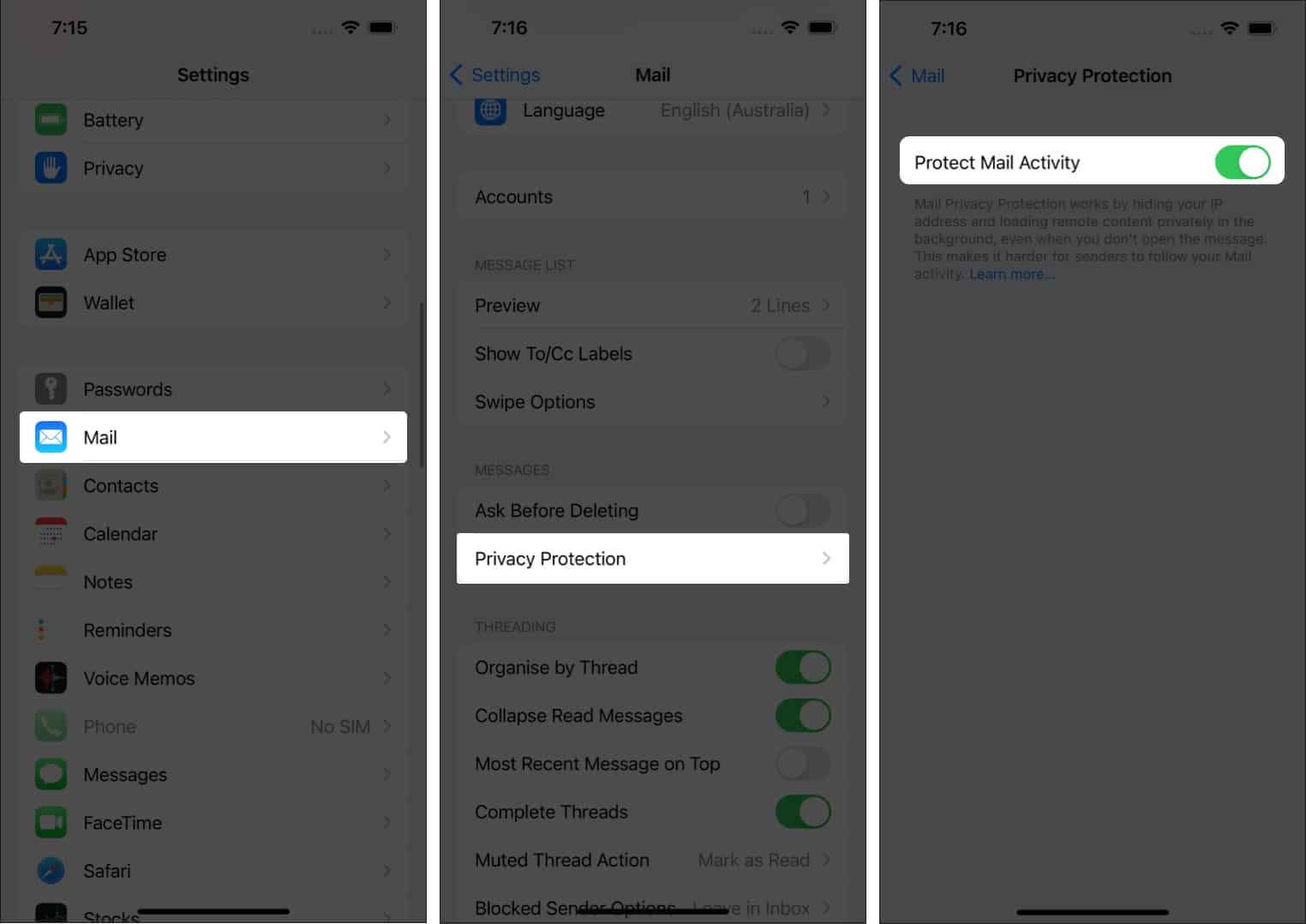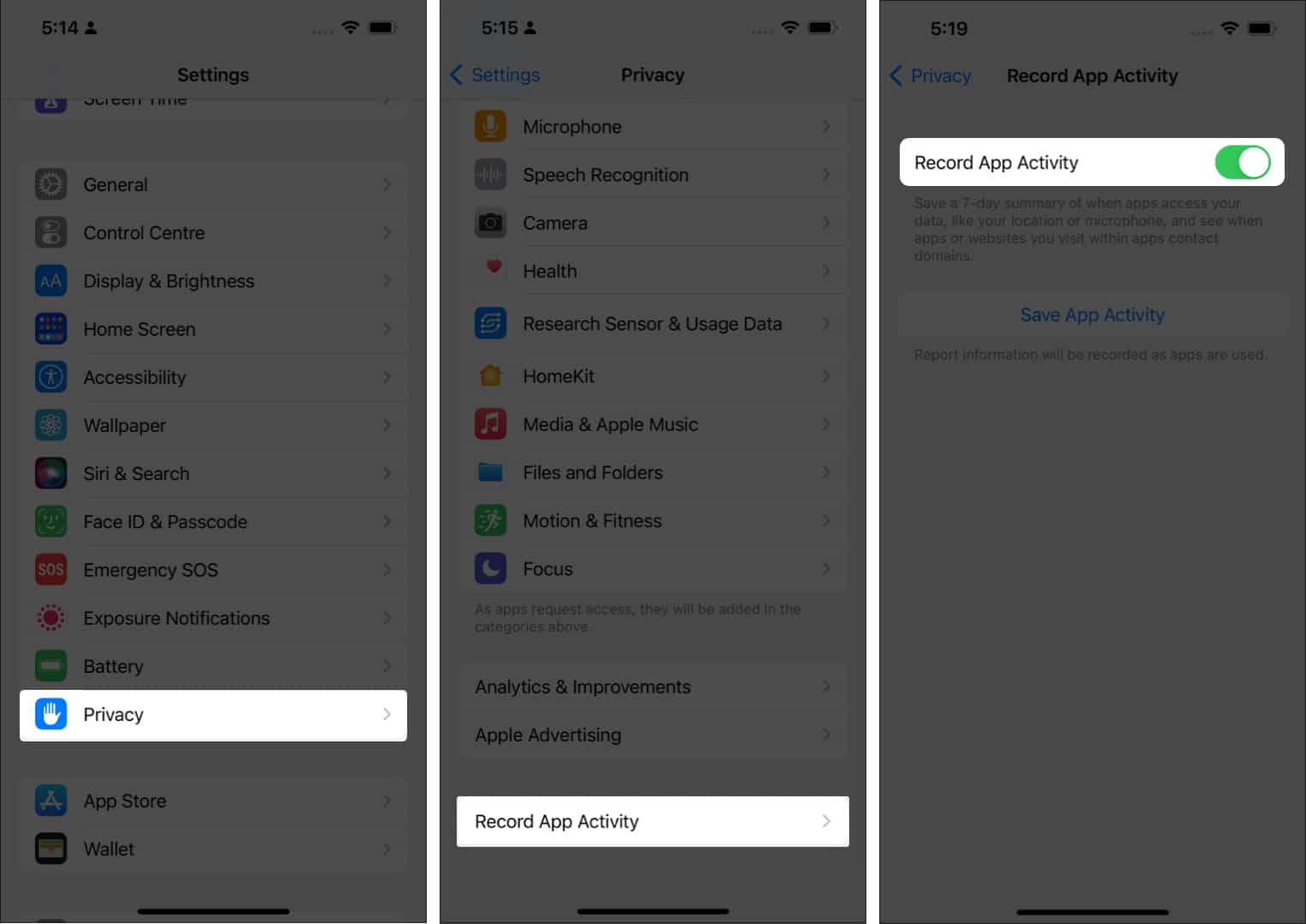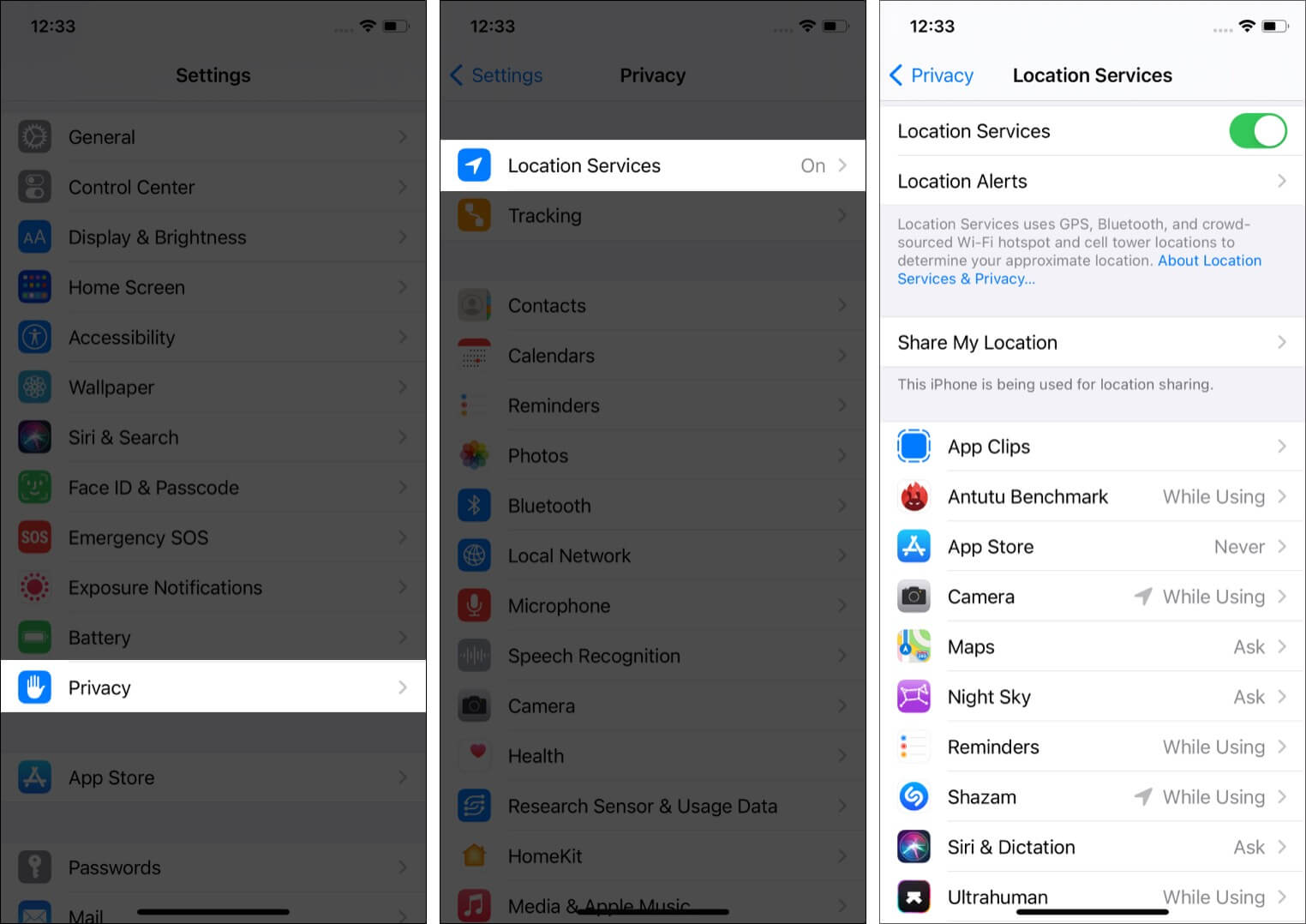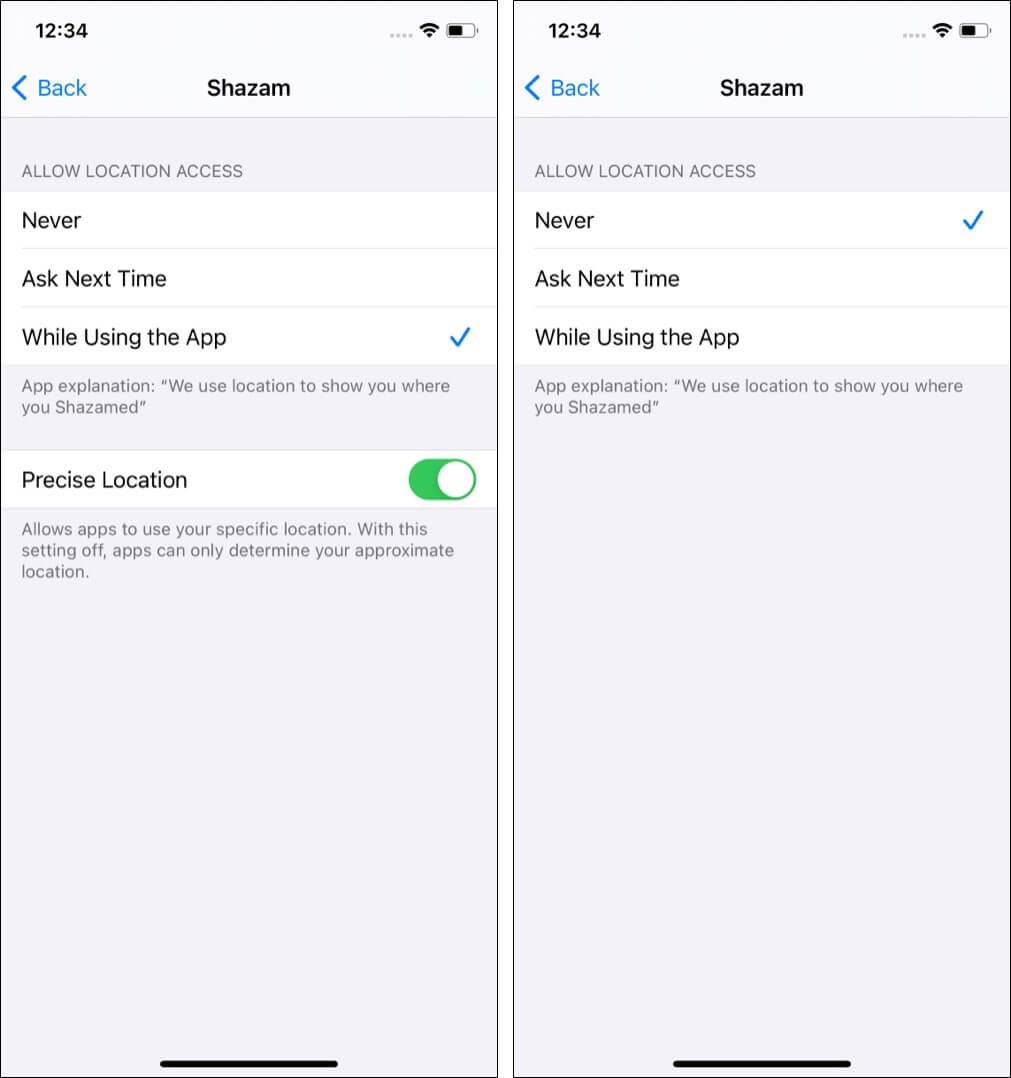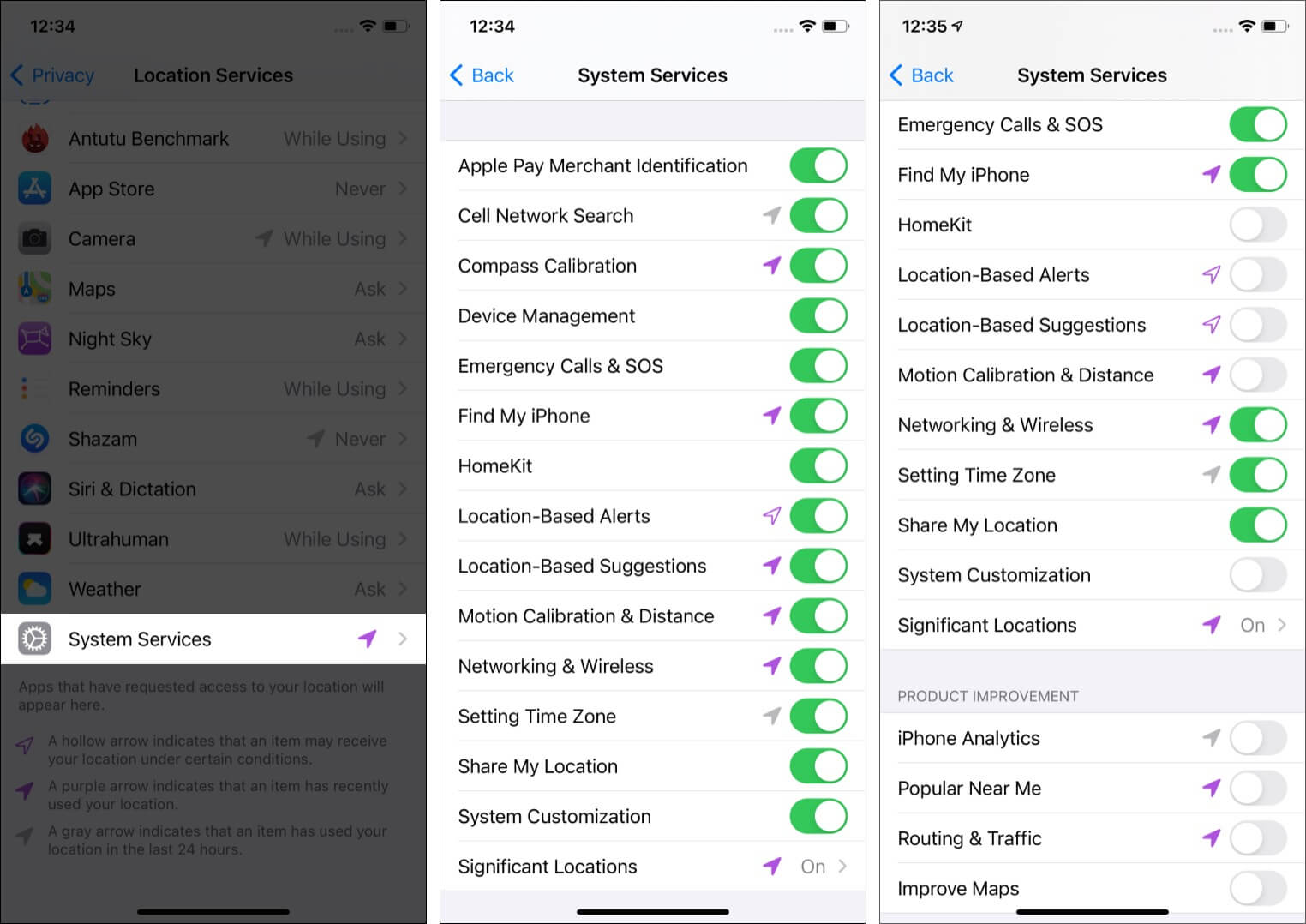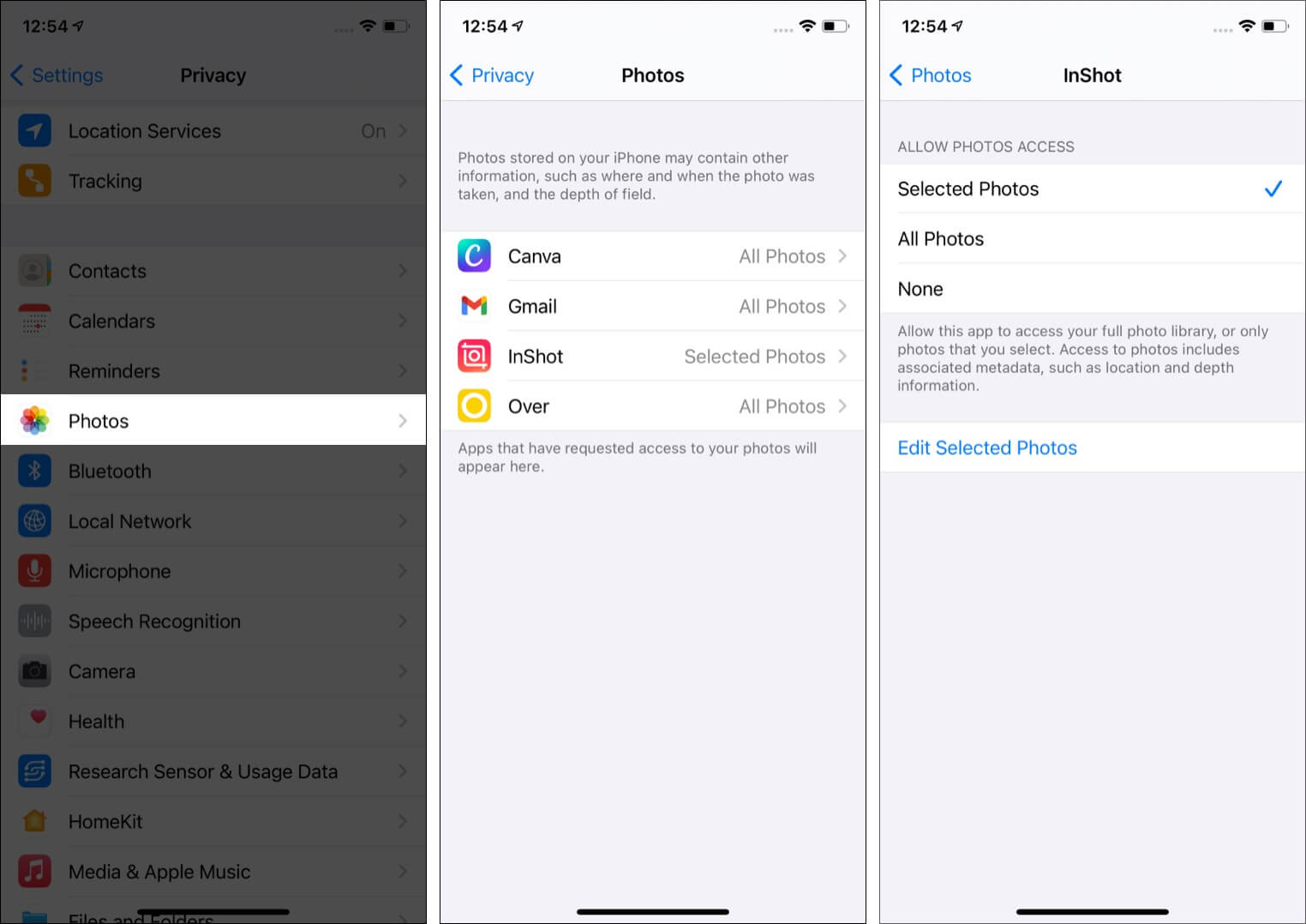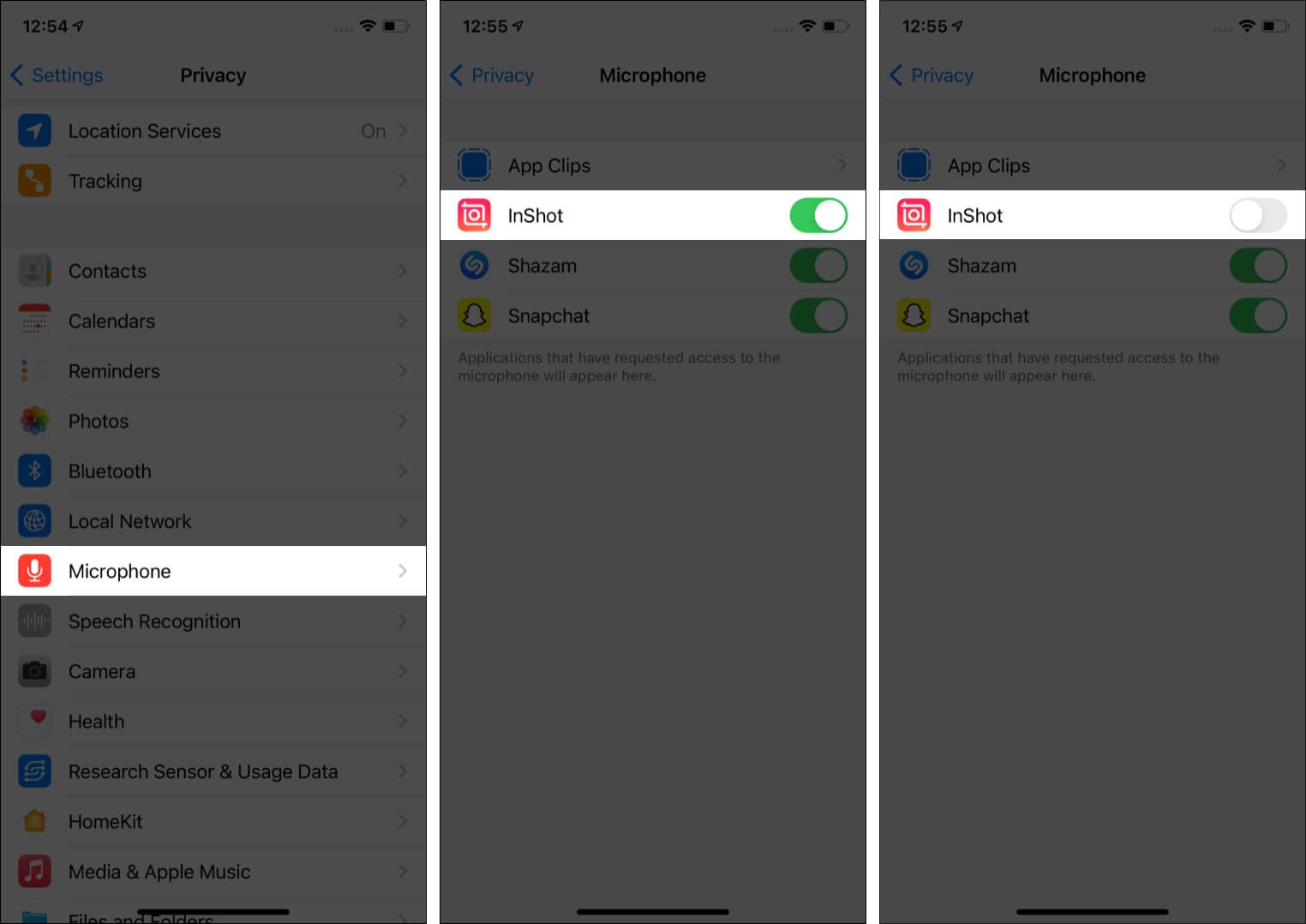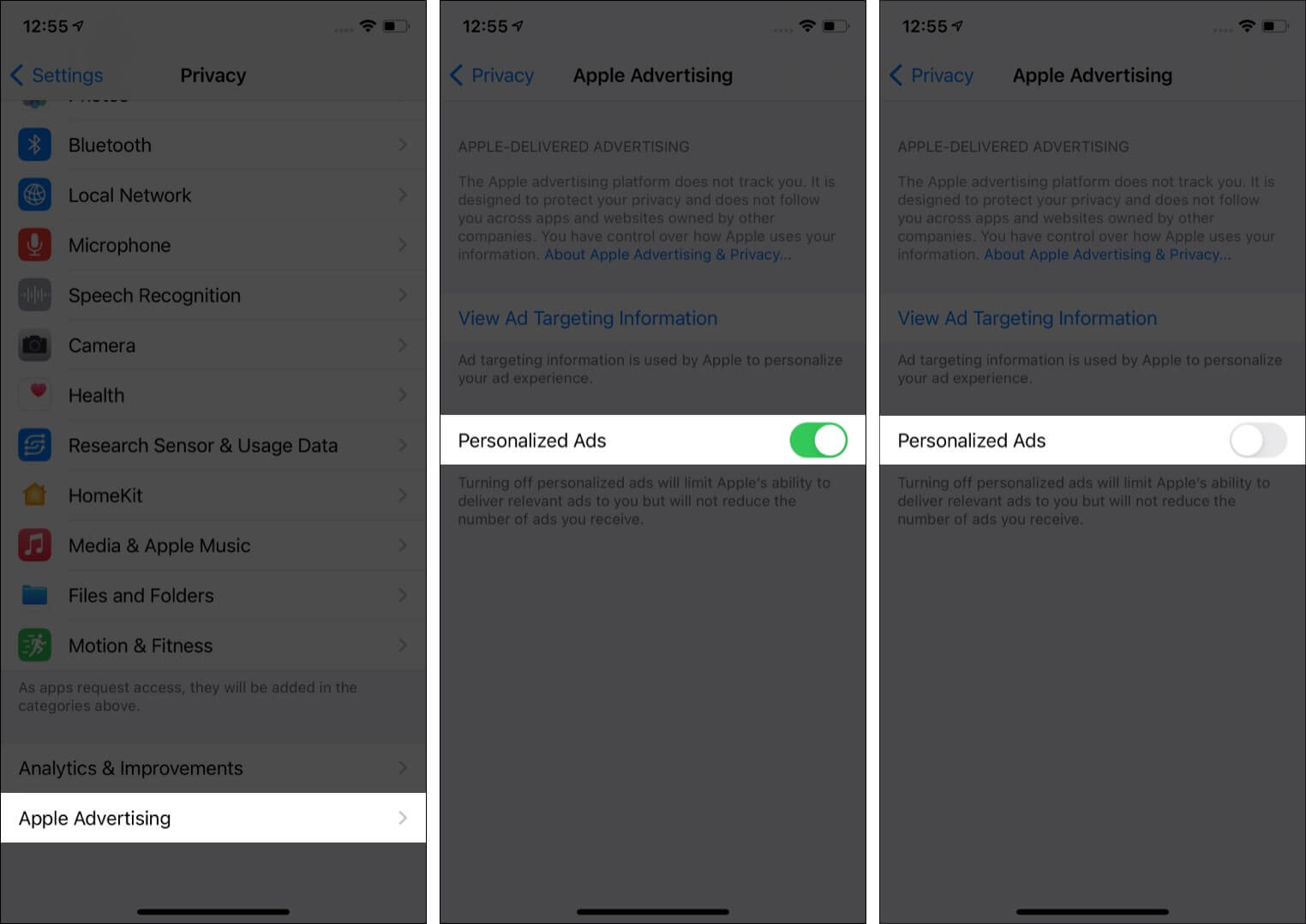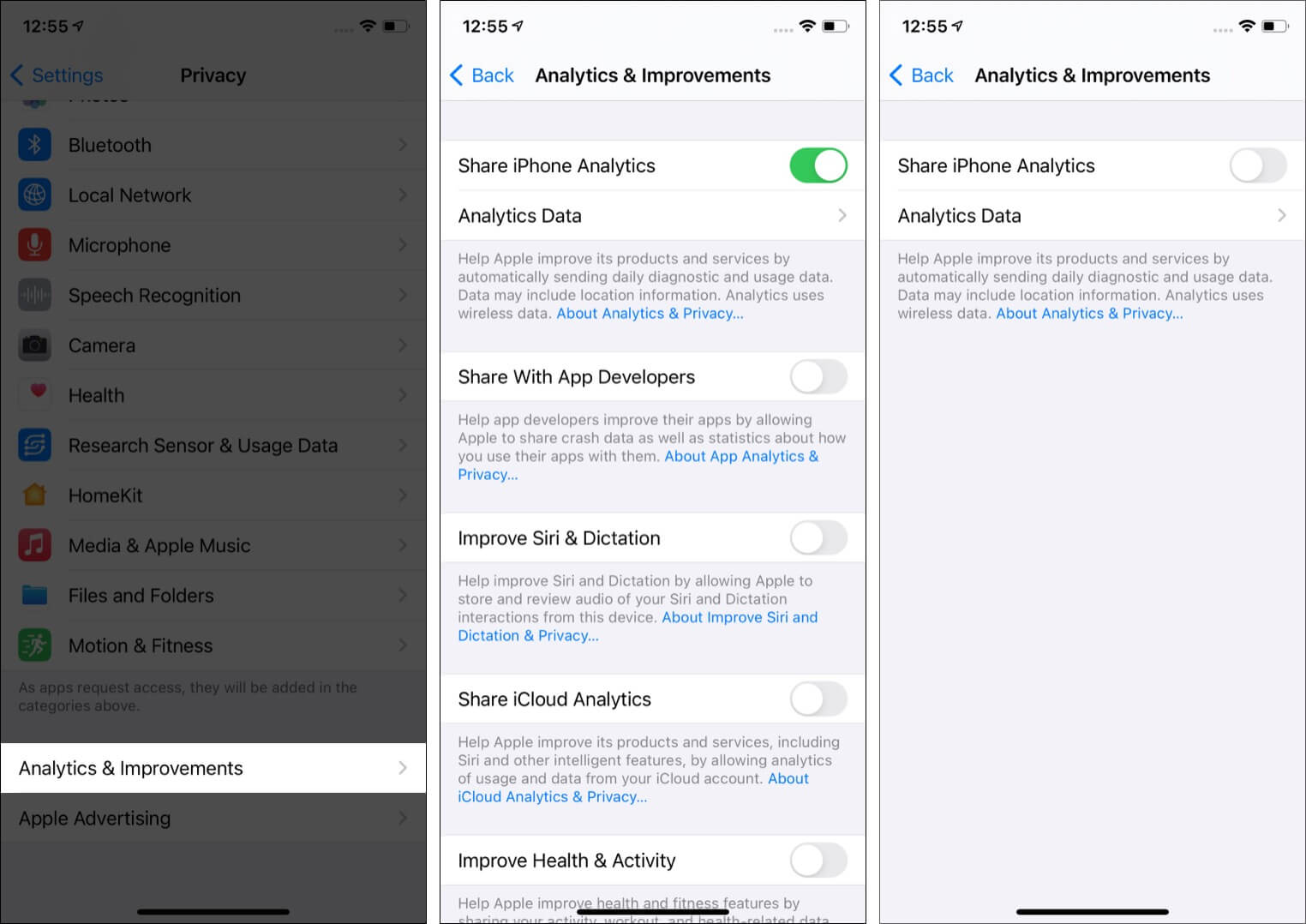iPhone’s operating system (iOS) does a great job when it comes to privacy. Without your permission, it does not let apps access your sensitive data like contacts, photos, location, etc. The same goes for hardware access like microphone, camera, on-device motion & fitness sensors, and Bluetooth. With iOS 15, you also have additional privacy settings like Protect Mail Activity and App Privacy Report.
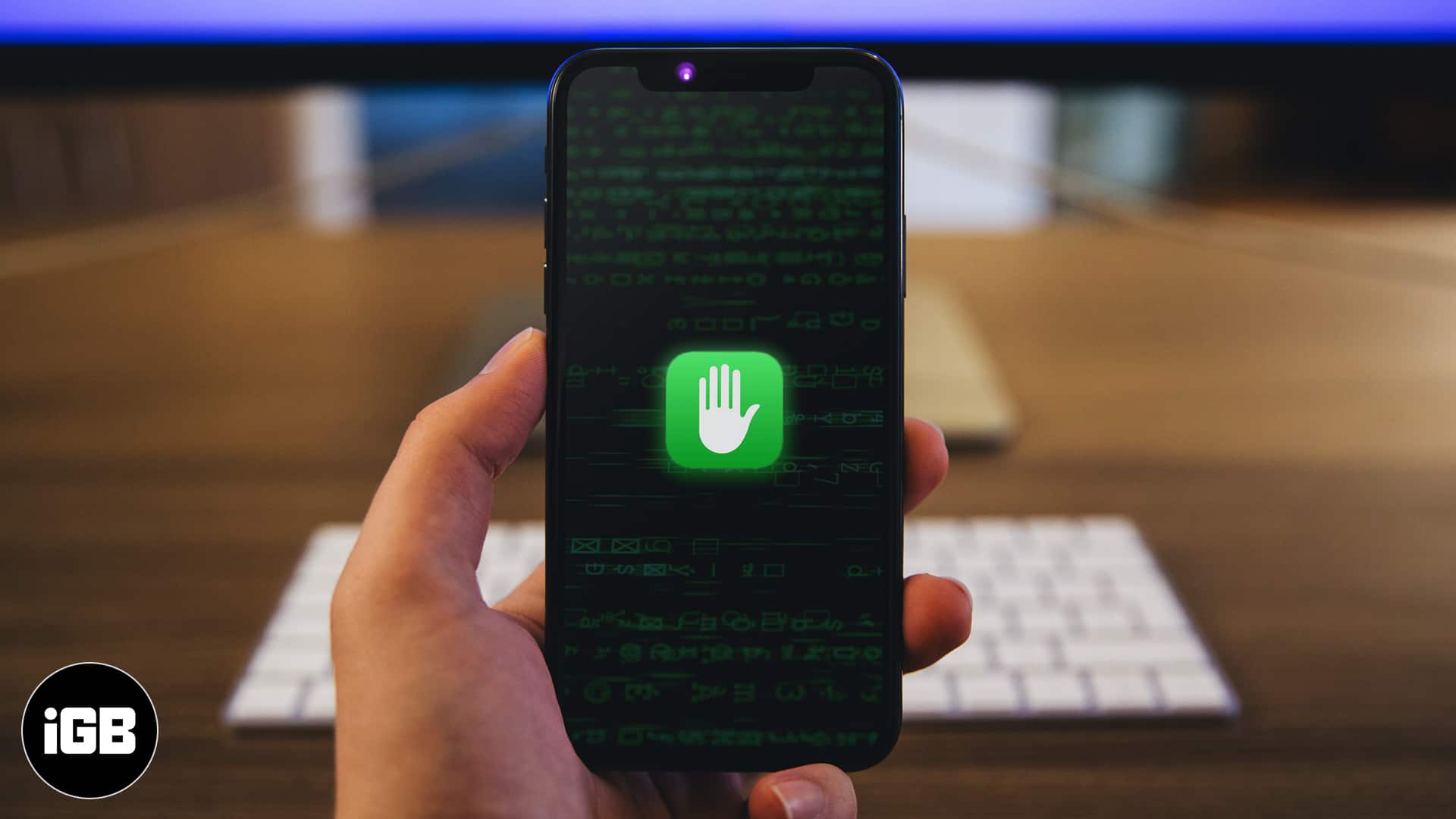
You can modify these settings further. Keep scrolling to learn how to change iPhone privacy and security settings. I have also mentioned other privacy tips for a safe and secure experience.
Change iPhone Privacy settings
Mail Privacy Protection
With iOS 15 and iPadOS 15, Apple introduced Mail Privacy Protection to help prevent marketers from collecting data through mail. Yes, senders can collect data like your IP address and track your activity!
So, how does this feature work? Well, Apple states,
Mail Privacy Protection hides your IP address, so senders can’t link it to your other online activity or determine your location. And it prevents senders from seeing if and when you’ve opened their email.
The feature isn’t turned on by default. You’ll be offered the choice when you open the Mail app for the first time. If you skipped it, then here’s how to turn it on.
- Go to Settings → Mail.
- Tap Privacy Protection under MESSAGES.
- Toggle on Protect Mail Activity.
Note: If Apple’s Mail app isn’t your default app, Mail Privacy Protection will be turned on by default.
App Privacy Report
Further building on App Tracking Transparency, with iOS 15, Apple now offers more control by allowing you to track the permissions granted to each app. This helps you determine whether an app really needs such permissions. A weather, app shouldn’t need access to the device’s camera or microphone.
App Privacy Report also notifies you when an app is tracking you through other apps or websites. Pretty smart, eh? Here’s how to enable it.
- Go to Settings → tap Privacy.
- Scroll to the bottom and tap Record App Activity.
- Toggle on Record App Activity.
Now, you will receive a 7-day summary of apps accessing your data!
Change location access for iPhone apps
Your location is a critical piece of private information. It is vital to ensure that irrelevant apps do not have access to it.
For example, if Uber, Ola, KFC, weather apps, etc., request your location, it is understandable. But if a random app, say a private photo gallery or calculator, requests your location, it is almost stupid to grant them this access.
Here is how to check which apps are using your location and how to turn them off.
- Open the Settings app and tap Privacy.
- Tap Location Services.
- Scroll down to see how apps are using your location. To change location access, tap an app.
- Choose Never.
- Tip: Even for apps with location access, you may turn off Precise Location to get a bit more privacy.
Extra info: You can also extend your battery life by turning off the location for unnecessary apps.
Turn off location access for iPhone system services
- Open the Settings app → Privacy → Location Services.
- At the bottom, tap System Services.
- Turn off unnecessary toggles.
- You may also turn off all the switches below PRODUCT IMPROVEMENT.
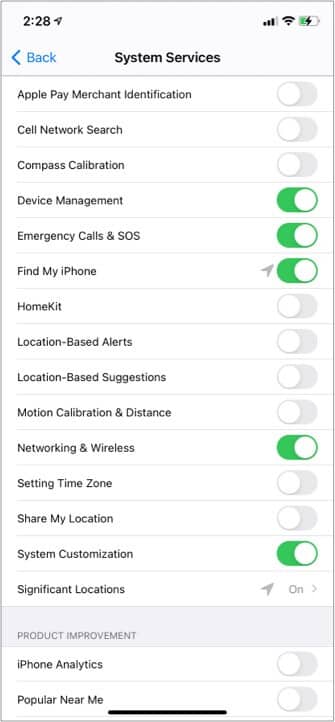
Please see the image below to see the settings on my iPhone. But you must take a minute to read the system service names and turn off their location access only if you believe you do not need those.
Change photo access to safeguard memories
Photos and videos must never fall into the wrong hands. Thus, it is crucial to ensure that irrelevant apps don’t have access.
- Open the Settings app and tap Privacy.
- Tap Photos.
- Tap an app name.
- Choose None.
- Pro Tip: With iOS 14 and later, you may also tap the Selected Photos → Edit Selected Photos → tap to choose the photos → Done. Now, the app only has access to the selected photos and nothing else.
My take: Sometimes, I have to send a screenshot to chat support of my banking or food app (for complaints). It is unnecessary to give full photo access to these apps, so I use step 5 (selected photos). To be straightforward, I do not trust Facebook and other social media apps, so I permit them access to selected images as well.
Turn off the camera and microphone access
The camera is your iPhone’s eyes, and the microphone is its ears. To prevent (potential) audio snooping, it is essential to ensure that limited apps can access this.
- Launch the Settings app and tap Privacy.
- Tap Microphone.
- Turn off the switch next to unnecessary apps.
- Follow the same steps to disable Camera access.
Pro Tip: With iOS 14 and later, you see orange and green dots when an app accesses your microphone or camera. You can learn more about this here.
Similarly, change other privacy permissions
Just like location, photos, microphone, and camera, it is of prime importance to ensure that you look at other privacy settings and prevent unnecessary apps from reading and writing data to it.
- Inside the iPhone Settings app, tap Privacy.
- Tap an option like Contacts, Calendars, Bluetooth, Health, Files and Folders, etc.
- Turn off the switch next to an app to prevent it from accessing the said thing.
- Repeat steps 2 and 3 for other privacy settings.
Disable cross-app tracking
With iOS 14, Apple made it mandatory for an app to get your consent before tracking you over other third-party apps and websites. To disable cross-app tracking, check out our guide on how to block iPhone apps from tracking you.
Limit Apple Advertising
- Open the iPhone Settings app and tap Privacy.
- From the bottom, tap Apple Advertising.
- Turn off Personalized Ads.
- Optional: Before following step 3, you may tap View Ad Targeting Information to learn more.
Prevent sharing iPhone analytics
- Inside the Settings app, tap Privacy.
- Scroll to the bottom and tap Analytics & Improvements.
- Turn off Share iPhone Analytics.
Learn about apps’ privacy practices on the App Store
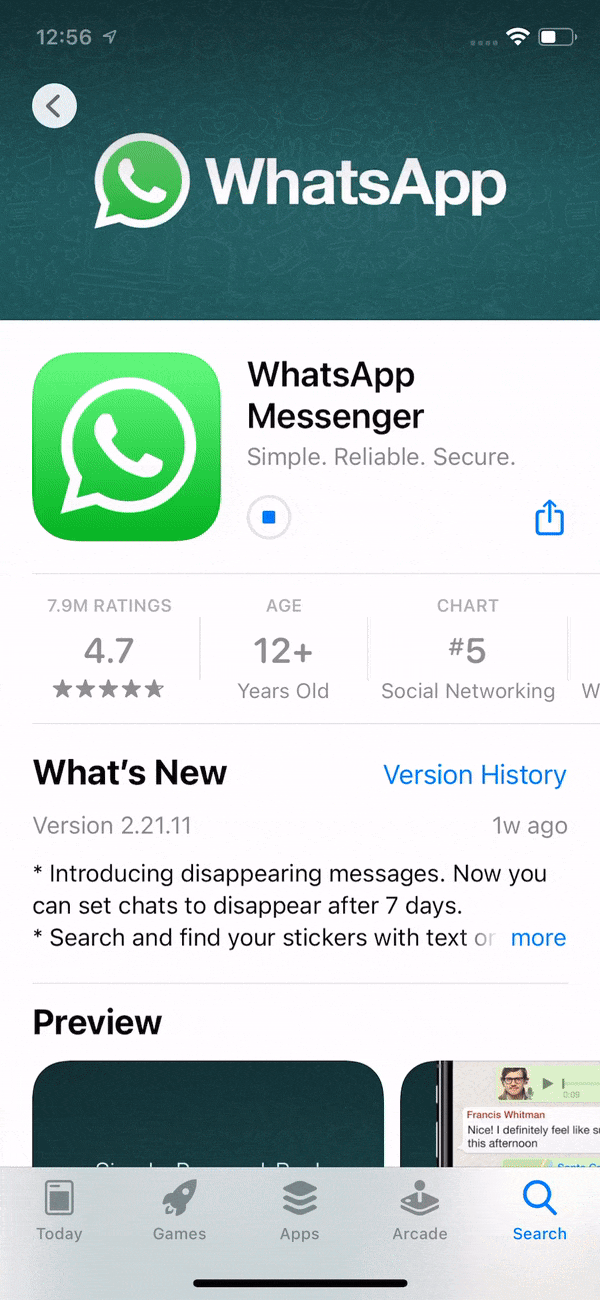
One another fine addition is privacy labels on the App Store. When you scroll down an app page on the App Store, you will see a heading named App Privacy. This has important information like what data this app uses to track you, what data it links to your identity, and more.
Other important points
In addition to the above privacy settings, you can further safeguard yourself by following the below recommendations.
- 7 tips to secure your iPhone Lock Screen for improved privacy.
- Turn off Live Photos: A bride, in addition to the wedding ring, accidentally recorded her groom’s private parts and sent the video to her friends. She thought she was capturing a still image of her hands, but the live photo recorded a three-second video of the naked groom walking in! To prevent this, make sure you tap the yellow circle icon for Live photos before clicking an image.
- Hide photos from the library, and with iOS 14 and later, you can even hide the Hidden Album!
- Keep an eye on notifications: For some private apps, you may turn off their notification or prevent them from appearing on the Lock Screen. To do this, open the Settings app → Notifications → app name → uncheck Lock Screen. You may also choose desired Show Previews settings.
- Check your saved app passwords: Learn how to generate a strong password on your iPhone and check and change reused, weak, or leaked passwords.
We have talked more about strengthening your iPhone and iPad security plus privacy. Make sure you take a look.
Enjoy privacy with these iPhone privacy settings. It is your right!
iPhone is all about privacy. From buying billboards outside competitors’ launch events to precise ads, Apple does not shy from telling you how invested it is into ‘privacy.’
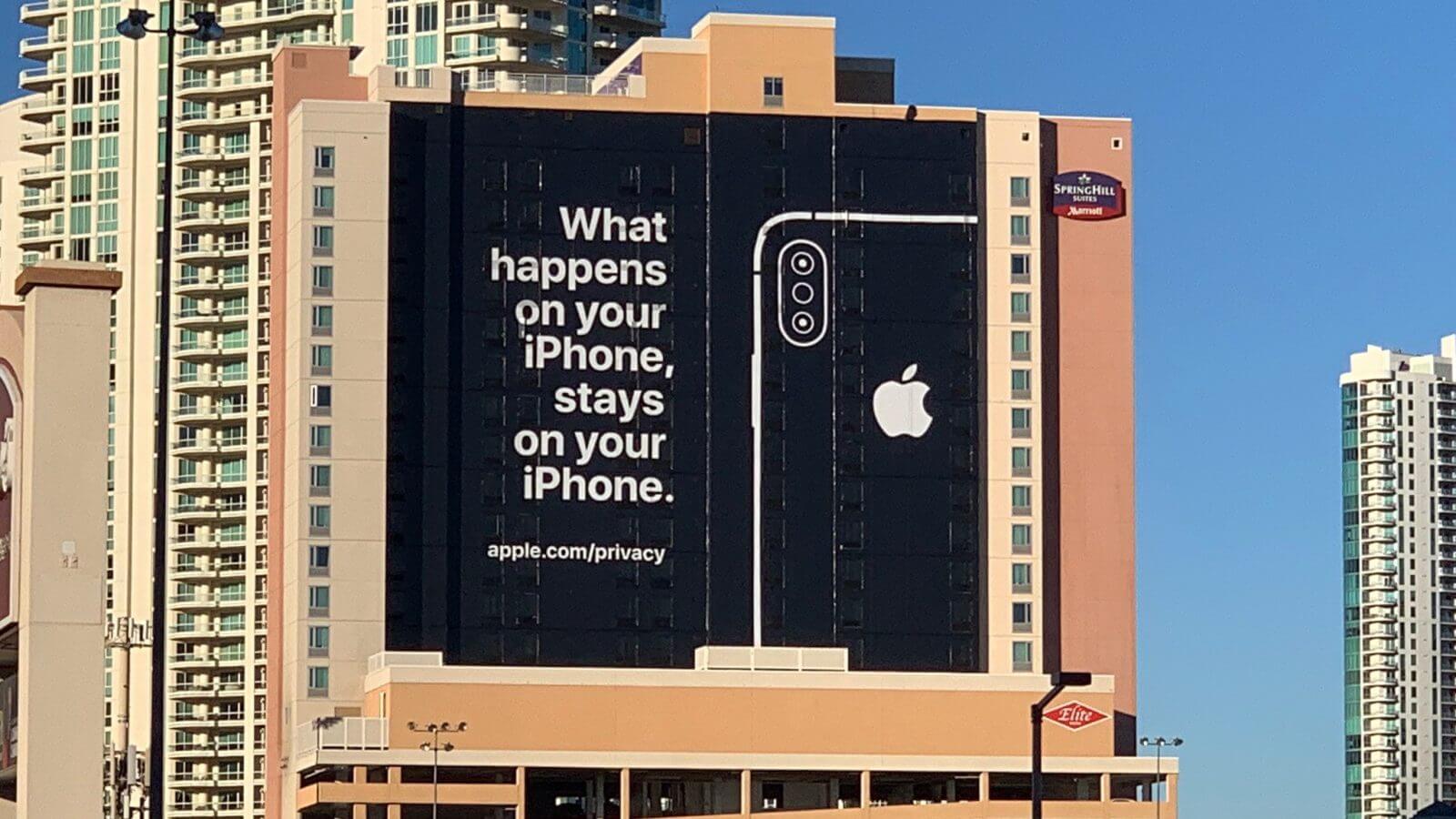
And to a considerable extent, I agree. Compared to any other operating system, I trust Apple’s iOS and macOS the most regarding my data and privacy. Now, you can also use Lockdown mode on your iPhone as additional security in case you lose your device.
What is your take on it? Let us hear your opinion in the comments below.
Read more:

